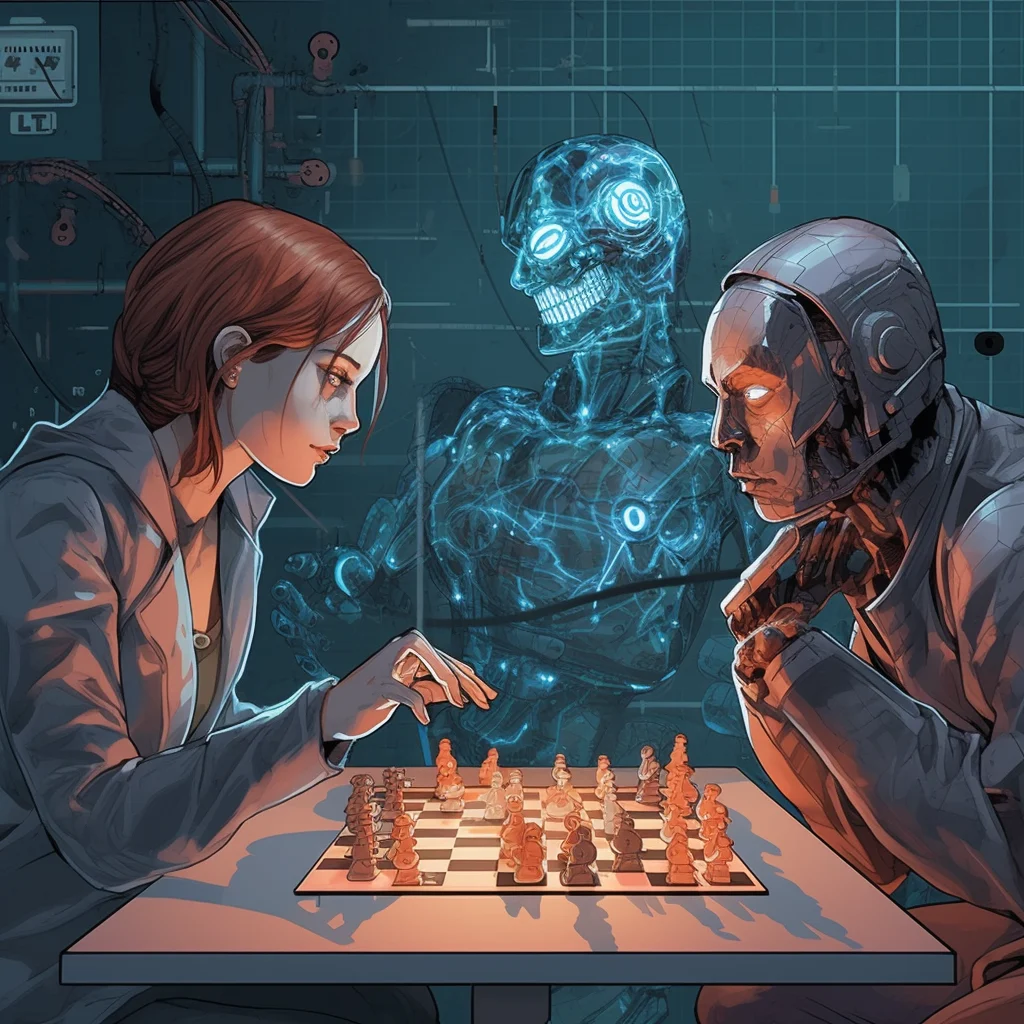The Impact of AI on Modern Video Games is undeniable as artificial intelligence has revolutionized the way games are developed and played. AI has significantly improved the realism and immersion of video game experiences, allowing for more dynamic and adaptive gameplay. The use of AI in modern video games has also led to the creation of more intelligent and challenging non-player characters (NPCs), enhancing the overall gaming experience. Additionally, AI has played a key role in shaping the narrative and storytelling elements of video games, offering more personalized and engaging storylines for players.
The advancements in AI technology have transformed the gaming industry, enabling developers to create more lifelike and responsive virtual environments. The integration of AI into modern video games has sparked curiosity and interest in how it will continue to evolve and shape the future of gaming. Players are eager to see how AI will further enhance the realism and complexity of in-game decision-making, as well as how it will continue to push the boundaries of interactive storytelling. Furthermore, the impact of AI on modern video games has prompted discussions about the ethical implications and potential societal impacts of increasingly sophisticated AI-powered gaming experiences.
The Impact of AI on Modern Video Games
Artificial Intelligence (AI) has significantly transformed the landscape of modern video games, revolutionizing the way games are designed, developed, and played. AI technology has enabled game developers to create more immersive and realistic gaming experiences by incorporating advanced AI algorithms and machine learning techniques. These innovations have led to the emergence of non-player characters (NPCs) with more sophisticated behavior patterns, dynamic environments that adapt to player actions, and more challenging and intelligent opponents. As a result, AI has become a fundamental component of modern video games, shaping the future of the gaming industry.
In addition to enhancing the gameplay experience, AI has also played a crucial role in optimizing game development processes. AI-powered tools and algorithms have streamlined tasks such as procedural content generation, bug detection, and quality assurance, allowing developers to create high-quality games more efficiently. Furthermore, AI has paved the way for the implementation of advanced procedural generation techniques, enabling the creation of vast and diverse game worlds that offer endless possibilities for exploration and discovery. Overall, the impact of AI on modern video games has been profound, influencing not only the way games are played but also how they are conceptualized, designed, and brought to life.
| Aspect | Impact |
|---|---|
| Gameplay | AI can create more realistic and challenging opponents, enhancing the overall gameplay experience. |
| Graphics | AI can be used to improve graphics rendering, creating more detailed and immersive game environments. |
| Procedural Generation | AI algorithms can generate unique and diverse game content, leading to greater replay value. |
| Player Behavior Analysis | AI can analyze player behavior to personalize game experiences and provide tailored challenges. |
| Bug Testing and Quality Assurance | AI can help identify and fix bugs, improving the overall quality of the game. |
The impact of AI on modern video games is significant, enhancing gameplay, graphics, procedural generation, player behavior analysis, and quality assurance.

